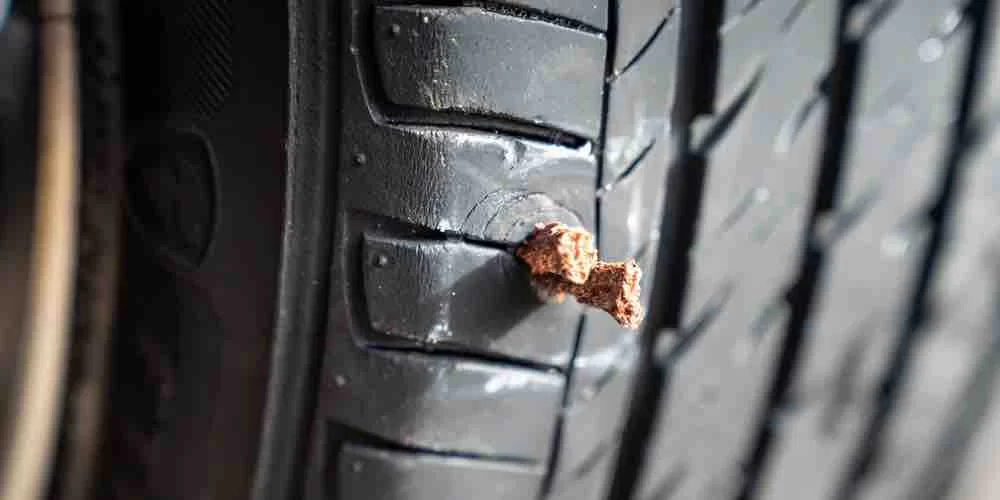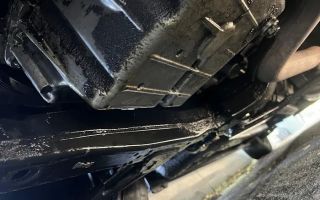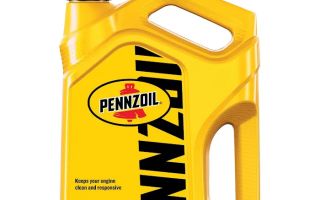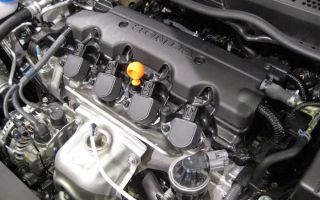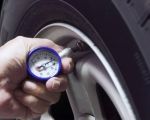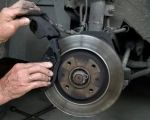- Understanding the Tire Plug Kit
- Preparing for a Safe Tire Repair
- Step-by-Step Process for Using a Tire Plug Kit Properly
- Common Errors to Avoid When Using Tire Plug Kits
- Real-World Examples Demonstrating Tire Plug Success
- Professional Tips and Recommended Resources
1. Understanding the Tire Plug Kit
A tire plug kit is a compact, essential tool designed to provide quick, temporary repairs to punctured tires. Unlike a full tire patch or replacement, a plug kit allows drivers to fix minor punctures—typically caused by nails or sharp objects—without removing the tire from the vehicle. Knowing how to use a tire plug kit properly can save you time and money, especially during unexpected roadside emergencies.
Most tire plug kits include a reaming tool to clean and widen the puncture hole, insertion tools, rubber plugs or "worms," and sometimes adhesive or sealant. It is crucial to understand each component's function to achieve a safe and lasting repair.

MR. TIRE INC.
2078 New York Ave, Huntington Station, NY 11746, USA
The Limitations of Tire Plug Kits
While tire plug kits are highly useful for quick fixes, they are generally suitable only for punctures located on the tread area. Damage to the tire sidewall or large punctures often require professional repair or replacement. Using a tire plug kit beyond its intended scope can be dangerous and ineffective.

MR. TIRE INC.
2078 New York Ave, Huntington Station, NY 11746, USA
2. Preparing for a Safe Tire Repair
Before starting the repair, safety and preparation are key. Here are critical steps to take before using your tire plug kit:
Locating and Inspecting the Puncture
Identify the exact location of the puncture. If the tire is losing air, listen for hissing sounds or spray soapy water over the tire surface to reveal bubbles at the leak point. Inspect the puncture closely to ensure it is repairable with a plug kit.
Removing the Object and Cleaning the Area
Use pliers or a similar tool to carefully remove the nail, screw, or debris from the tire. Thoroughly clean the puncture hole to remove dirt and rubber fragments using the reaming tool from the kit. Proper cleaning ensures the plug adheres firmly and prevents future leaks.
Safety Precautions
Make sure your vehicle is parked on a flat, stable surface with the parking brake engaged. Wearing gloves can protect your hands during the repair. If possible, refer to your vehicle's manual for specific instructions or warnings related to tire repairs.
3. Step-by-Step Process for Using a Tire Plug Kit Properly
Executing the repair carefully is vital for success. Follow these detailed steps to use a tire plug kit properly:
Step 1: Prepare the Reaming Tool
Insert the reaming tool into the puncture hole and twist it vigorously to clean and slightly widen the hole. This helps the plug fit tightly and adhere better.
Step 2: Thread the Plug into the Insertion Tool
Take one of the rubber plugs and thread it through the eye of the insertion tool, leaving equal lengths of the plug on both sides.
Step 3: Insert the Plug into the Puncture
Push the insertion tool with the plug into the hole until about two-thirds of the plug is inside the tire. Then, pull the tool straight out, leaving the plug in place to fill the puncture.
Step 4: Trim the Excess Plug
Using a knife or scissors, carefully trim the excess plug material flush with the tire surface to prevent it from catching on the road.
Step 5: Inflate the Tire and Check for Leaks
Inflate the tire to the recommended pressure and monitor it for leaks over the next several hours. If the plug holds air, you have successfully repaired the puncture.
4. Common Errors to Avoid When Using Tire Plug Kits
Even with detailed instructions, mistakes happen. Avoid these common errors for a safer repair:
Neglecting to Clean the Hole Thoroughly
Failing to use the reaming tool properly can result in a weak plug bond that leaks air quickly.
Using Plugs for Sidewall Damage
Sidewall punctures should never be repaired with plugs; this area flexes and is prone to dangerous failure.
Ignoring the Size of the Puncture
Large punctures, tears, or cuts are beyond the scope of plug kits and require professional attention.
Skipping Post-Repair Checks
Always inflate the tire and test for leaks before driving. Skipping this step risks sudden air loss.
5. Real-World Examples Demonstrating Tire Plug Success
Consider a popular example from a hiking enthusiast who discovered a nail in their tire during a remote trail trip. Without immediate access to professional help, they used a tire plug kit properly by following the instructions carefully. Their quick repair allowed them to safely drive back to town without further incident, saving time and preventing a potentially costly tow.
Conversely, a driver who ignored the damage size and tried to plug a large sidewall tear found their repair failed on the highway, highlighting the importance of understanding the limitations of tire plug kits.
Stories like these emphasize that knowing how to use a tire plug kit properly can make a real difference in roadside emergencies.
6. Professional Tips and Recommended Resources
For those seeking reliable products and expert advice on tire repair, the website Rescue & Towing offers a wide range of top-quality tire plug kits and professional guidance. Their selection includes kits suited for various vehicle types and usage scenarios, ensuring you are prepared for unexpected tire punctures.
Remember, a tire plug kit is a temporary solution. After any repair, visiting a professional tire service to evaluate and, if necessary, perform a permanent fix is highly recommended for your safety.
Investing time to learn how to use a tire plug kit properly and having the right equipment on hand can transform a stressful roadside situation into a manageable one.

